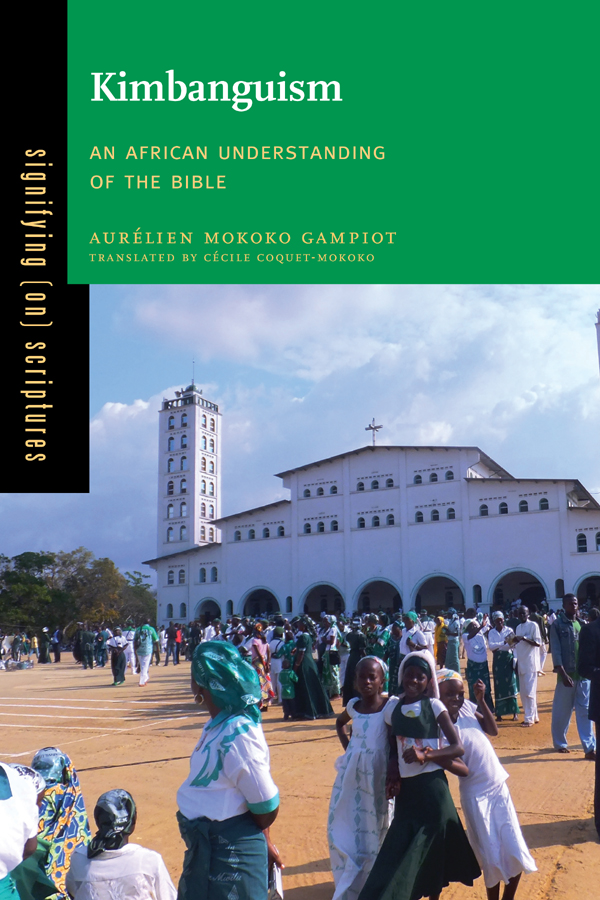

Most ebook files are in PDF format, so you can easily read them using various software such as Foxit Reader or directly on the Google Chrome browser.
Some ebook files are released by publishers in other formats such as .awz, .mobi, .epub, .fb2, etc. You may need to install specific software to read these formats on mobile/PC, such as Calibre.
Please read the tutorial at this link: https://ebookbell.com/faq
We offer FREE conversion to the popular formats you request; however, this may take some time. Therefore, right after payment, please email us, and we will try to provide the service as quickly as possible.
For some exceptional file formats or broken links (if any), please refrain from opening any disputes. Instead, email us first, and we will try to assist within a maximum of 6 hours.
EbookBell Team

4.7
86 reviewsIn this volume, Aurélien Mokoko Gampiot, a sociologist and son of a Kimbanguist pastor, provides a fresh and insightful perspective on African Kimbanguism and its traditions.
The largest of the African-initiated churches, Kimbanguism claims seventeen million followers worldwide. Like other such churches, it originated out of black African resistance to colonization in the early twentieth century and advocates reconstructing blackness by appropriating the parameters of Christian identity. Mokoko Gampiot provides a contextual history of the religion’s origins and development, compares Kimbanguism with other African-initiated churches and with earlier movements of political and spiritual liberation, and explores the implicit and explicit racial dynamics of Christian identity that inform church leaders and lay practitioners. He explains how Kimbanguists understand their own blackness as both a curse and a mission and how that underlying belief continuously spurs them to reinterpret the Bible through their own prisms.
Drawing from an unprecedented investigation into Kimbanguism’s massive body of oral traditions—recorded sermons, participant observations of church services and healing sessions, and translations of hymns—and informed throughout by Mokoko Gampiot’s intimate knowledge of the customs and language of Kimbanguism, this is an unparalleled theological and sociological analysis of a unique African Christian movement.